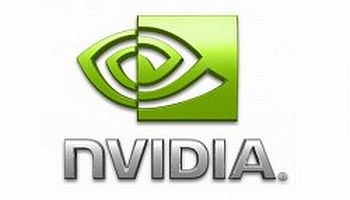

Chip makers Intel and Nvidia, which in recent years have been on edge regarding gray areas in patent licensing, have resolved their two-year-old legal dispute about whether Nvidia can develop and manufacture chip sets for Intel processors based on the company’s multicore microarchitecture.
In resolving the litigation in Chancery Court in Wilmington, Delaware, the two Santa Clara, California-based companies revealed on 10 January that they have signed a new long-term licensing agreement that brings “patent peace” to their corporate relationship, Intel Senior Vice President and General Counsel Doug Melamed said in a brief conference call to journalists and analysts.
Nvidia makes high-end video processors. Intel makes processors of many types but does not specialise in video. Thus, it has been a licensee of Nvidia for several years. The previous Intel-Nvidia contract was legally unclear about how advanced Intel processors could be used in Nvidia chip sets for high-end video and gaming use cases.
Intel filed the initial lawsuit regarding the dispute in February 2009.
Under the new agreement, Intel receives a licence to all of Nvidia’s patents, while Nvidia receives a licence to most of Intel’s patents with the exception of its x86-type chips and a few other products, Melamed said.
The previous Intel-Nvidia licensing contract was set to expire in March, Melamed said. Under terms of the new agreement, Intel will pay Nvidia $1.5 billion (£960m) over the next six years for its licensing rights.
Finally, Intel and Nvidia released each other from all previous litigation.
“This agreement ends the legal dispute between the companies, preserves patent peace and provides protections that allow for continued freedom in product design,” Melamed said. “It also enables the companies to focus their efforts on the development of new, innovative products.”
Melamed was asked by an analyst “why Intel doesn’t just buy Nvidia” instead of cross-licensing the products.
“Well, that just wasn’t something we talked about,” Melamed said with a laugh.
Denial from TSMC, after multiple reports it was in talks with Intel over a joint…
CEO Tim Cook talks to Trump official, as IDC notes China's smartphone market growth, and…
Another big name chip maker expects a hefty financial charge, after the US tightened rules…
More bad news for Google. Second time in less than a year that some part…
Federal office that tackled misinformation and disinformation from hostile nations is closed down, after criticism…
After Nvidia admits it will take $5.5 billion charge as Trump export limits of slower…